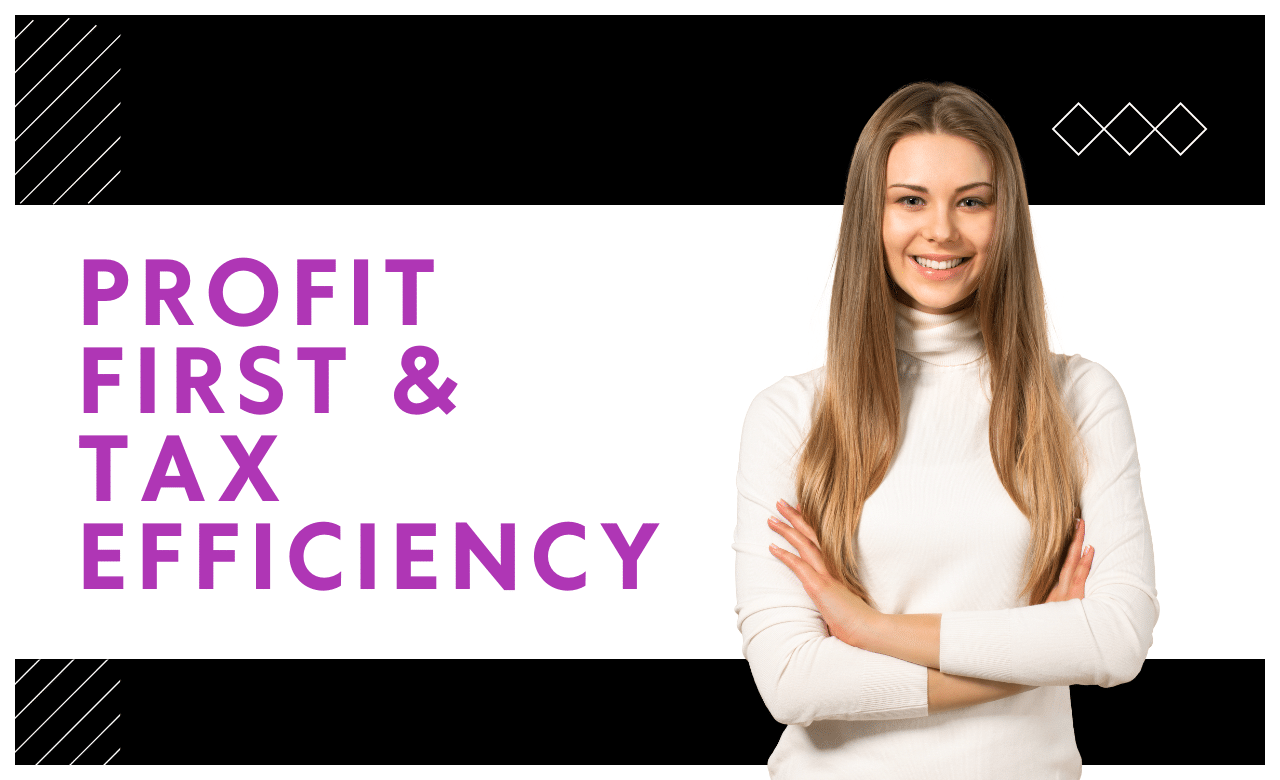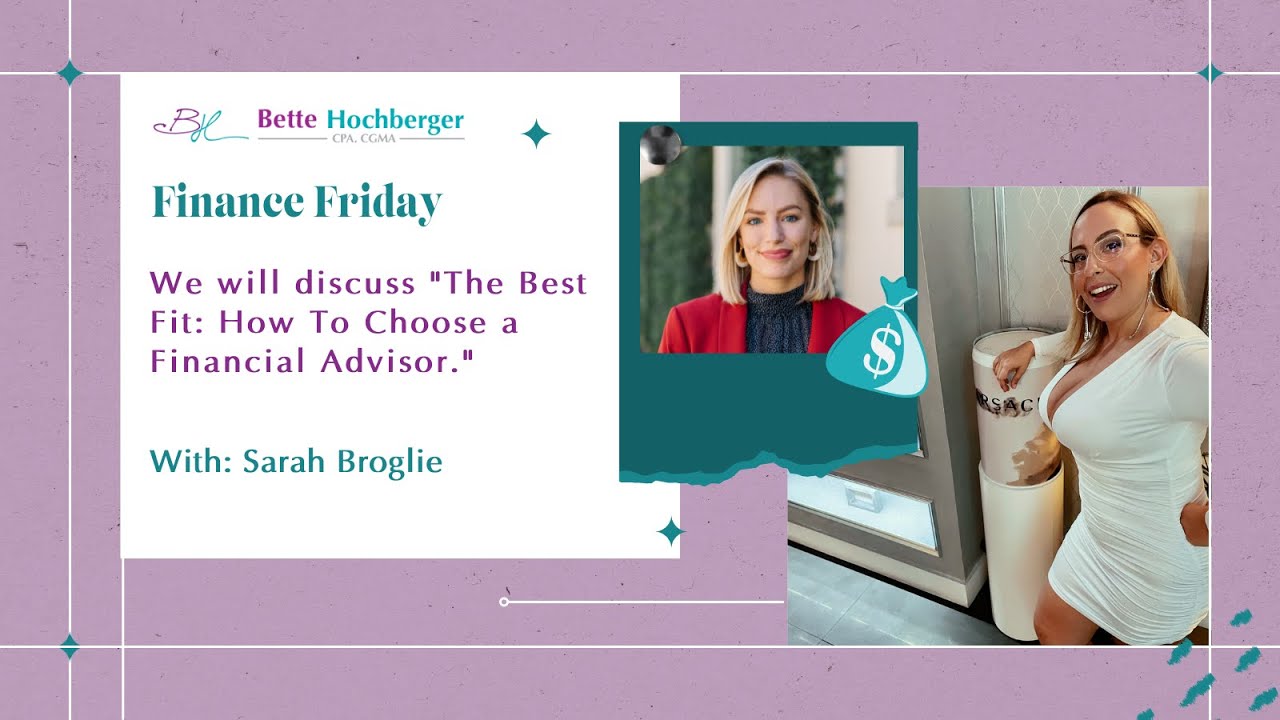Personal Finance is an umbrella term covering areas of finance that aren’t business. Generally it covers business-like decisions made by individuals that impacts their net worth over time. This also includes things like insurance, that helps you hedge risks in the future, as well as budgets and tax decisions.
One of the most clever lines said was by Dave Ramsey, who focuses on the personal finance decisions of the middle class, reaching them through civic institutions, churches, and other community organizations. He said that personal finance is “20% head knowledge and 80% behavior” – most of us can do the math but building net worth requires actually complying with the math.
One reason that the Profit First System is so highly effective is that it utilizes some of the personal finance tricks people use to make better financial decisions into a small business setting. Regardless of the business entities business structure, owner operated firms often act more like extensions of the household then their own distinct business unit. One of the reasons we separate our accounting packages from the owner-operated set of Starter and Profit First from our Fractional Controller and Fractional CFO Plans is that psychological condition. Larger manager managed firms have decisions made by agents pursuing their own agendas, while owner-operated firms often intersect their personal finance and business goals.
Managing personal and business debts, developing a solid retirement savings strategy, and paying yourself first from your business earnings are all critical decisions made at the business level that impacts the health of your personal finances.















